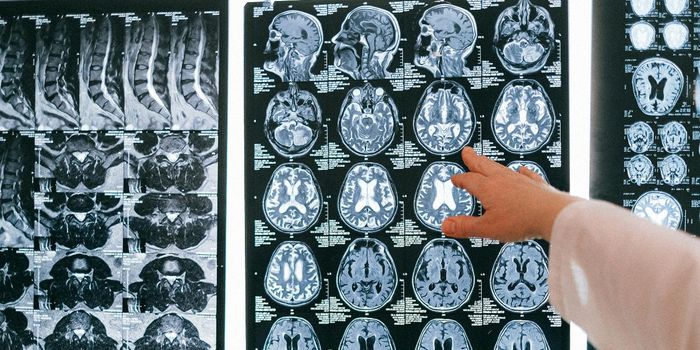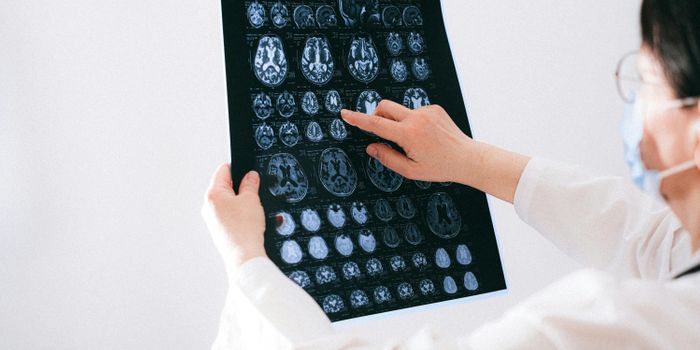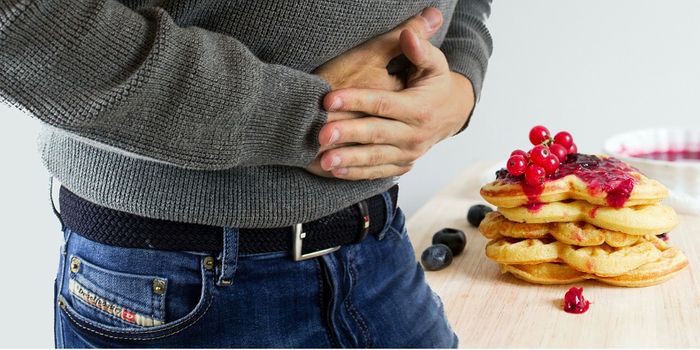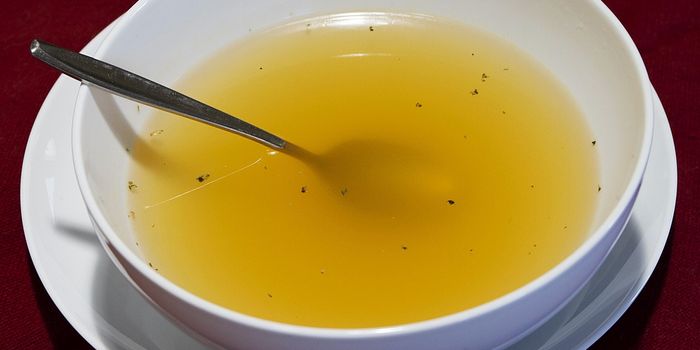An Australian study published in the journal BMC Medicine and reported in
Bioscience Technology claims that people who eat more junk food have a smaller part of the brain used in emotion, memory and learning. While earlier studies showed the correlation between unhealthy diets and reduced brain size in mice, but this was the first study to measure humans’ gray matter and compare it against their dietary behavior.

As Felice Jacka, the lead author, from Deakin University, explained, “It is becoming even clearer that diet is critically important to mental as well as physical health throughout life. This is the first study to show that diet also contributes to mental health for humans.”
As part of a massive health study in Australia, MRIs were used to measure the brains of 255 people aged 60 to 64. Their diets were cross-referenced with their scans. People who consumed sweet drinks, salted snacks and processed meats had smaller left hippocampi. Those who ate vegetables, fruit and fish had bigger left hippocampi, said the authors. They established the connection, which was independent of factors such as gender, exercise and smoking. The study does not seem to draw a cause-and-effect relationship between the diet and hippocampus size, just an association.
Jacka added, “Recent research has established that diet and nutrition are related to the risk for depression, anxiety and dementia; however, until now it was not clear how diet might exert an influence on mental health and cognition. This latest study sheds light on at least one of the pathways by which eating an unhealthy diet may influence the risk for dementia, cognitive decline and mental disorders such as depression and anxiety in older people.”
Other research has shown that reduced hippocampus size correlates with dementia and related brain diseases. The newest study on the hippocampus confirms some previous scientific suspicions.
As early as 2009,
King’s College London researchers suggested that diet was a “possible culprit in modulating hippocampus size and function.” At the time they said that research over the previous 5 years “has firmly established that learning and memory abilities, as well as mood, can be influenced by diet, although the mechanisms by which diet modulates mental health are not well understood.”
According to their report, one brain structure associated with learning and memory, as well as mood, is the hippocampus. Additionally, the hippocampus is one of two structures in the adult brain where the formation of newborn neurons, or neurogenesis, continues. Studies have linked the level of neurogenesis in the adult hippocampus to cognition and mood. The King’s College researchers conclude that “modulation of adult hippocampal neurogenesis (AHN) by diet emerges as a possible mechanism by which nutrition impacts on mental health.”









